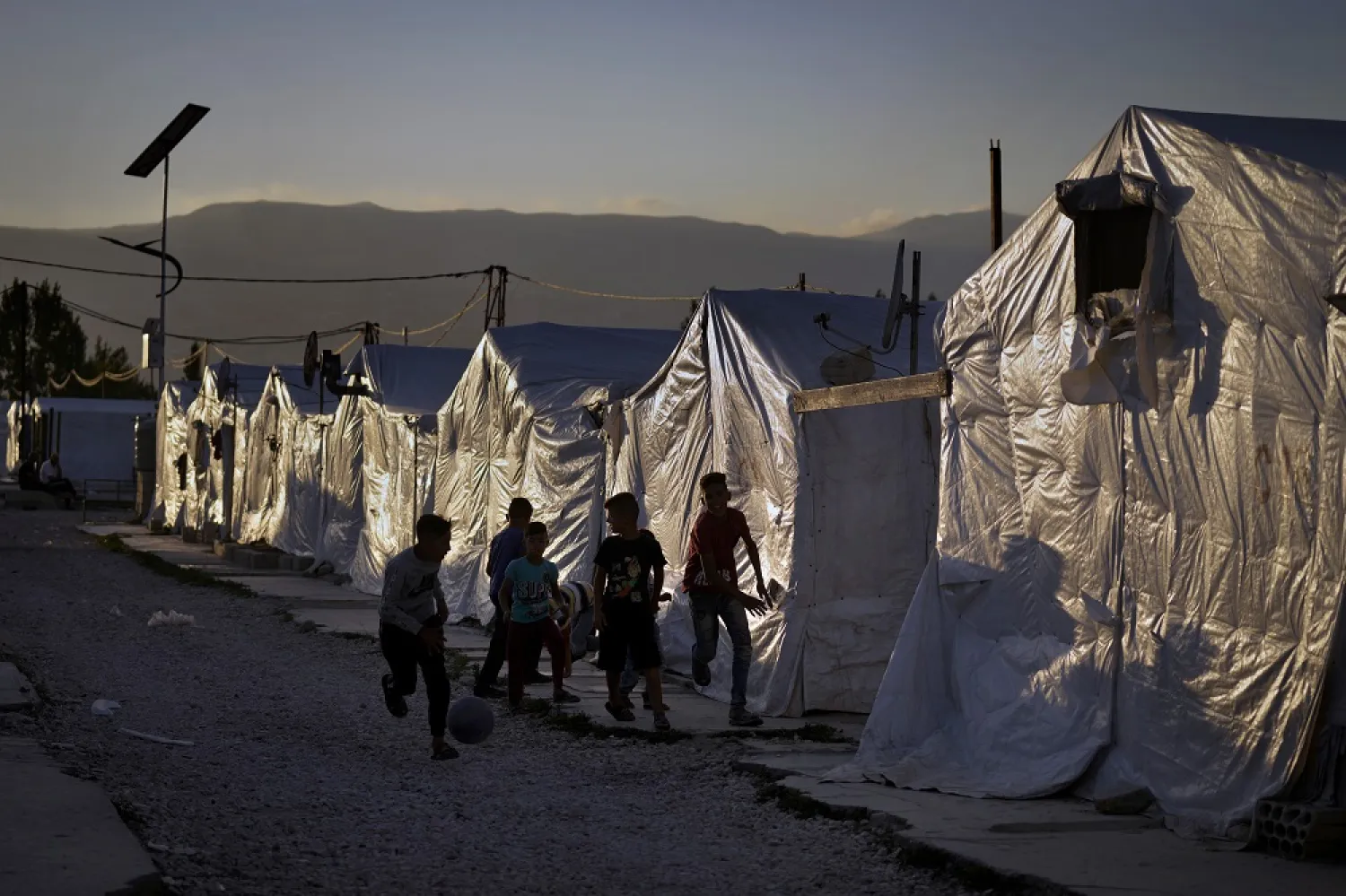The United Nations Resident and Humanitarian Coordinator for Lebanon, Najat Rochdi, reiterated that protection of refugees is a humanitarian and moral imperative and lies at the heart of all humanitarian actions.
She recalled the commitment of the Lebanese government to the principle of non-refoulement under international law, and to the principle of ensuring the safe, voluntary, and dignified return of Syrian refugees.
Officials in Lebanon have been increasingly pushing for the return of Syrian refugees to their homes.
Rochdi stressed in a statement on Friday that the humanitarian community wishes to reiterate and clarify that the protection of the most vulnerable women, men, boys, and girls is of high priority to the UN and its partners and that the UN is always willing to engage in a constructive dialogue with the Lebanese government.
She called on everyone to refrain from fueling the media and social media with negative sentiments and hatred, adding that she counts on all to continue to display the spirit of solidarity and mutual respect in these difficult times.
“Amid Lebanon’s unprecedented economic meltdown and significant increases in poverty levels and humanitarian needs, the UN and its partners remain committed to supporting the most vulnerable populations based on needs regardless of their nationality, disability, religion, gender, sexuality, or place of origin,” she continued.
She added that over the past year, the humanitarian community, including the UN through the Lebanon Crisis Response Plan (LCRP) and the Emergency Response Plan (ERP), has increased its support to the Lebanese people, families, communities, and public institutions to lessen the impact of the multiple crises and meet the dire needs of the most vulnerable, as part of its primary mission to “Leave No One Behind.”
She recognized the “incredible generosity of the Lebanese people and authorities who have hosted refugees at a time when they have been struggling with their own vulnerabilities,” and expressed the UN gratitude for the continued solidarity.
The longstanding collaboration of the Lebanese government in responding to the ongoing impact of the Syria crisis on Lebanon and its people, under the LCRP, and in supporting the most vulnerable populations affected by the unfolding economic crisis, under ERP, is also highly appreciated and commended, she stressed.
Lebanon had declared a plan to deport 15,000 displaced Syrians per month.
Lebanese caretaker Minister of Displaced Persons Issam Sharafeddine said he will soon visit Damascus and hold talks with relevant authorities to develop a plan and ensure the refugees’ safe return.









